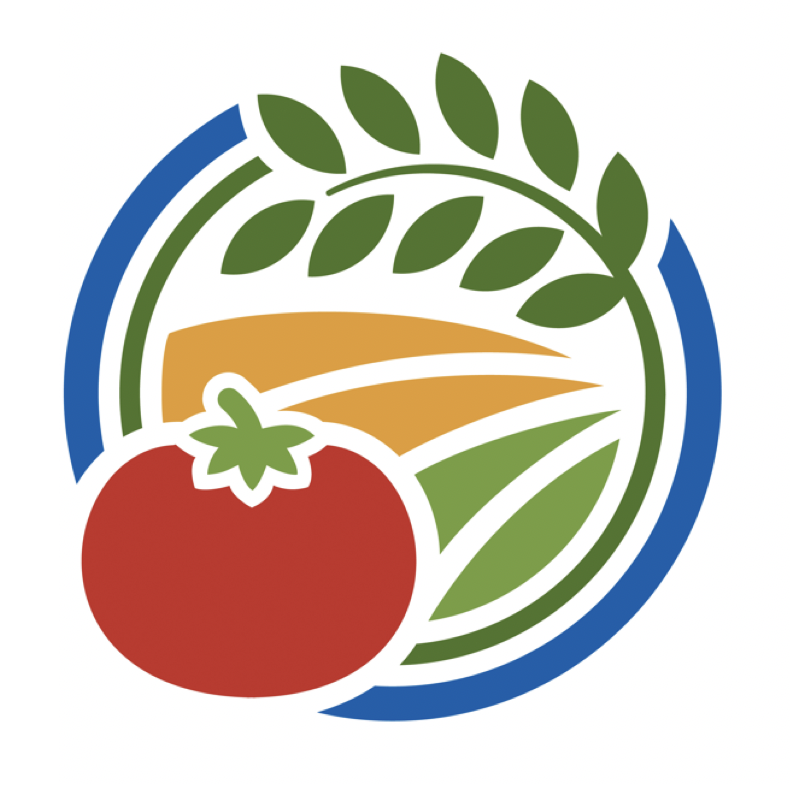A sustainable community food system is a collaborative network that integrates sustainable food production, processing, distribution, consumption and waste management in order to enhance the environmental, economic and social health of a particular place. Farmers, consumers and communities partner to create a more locally based, self-reliant food economy.
One of the most important aspects of sustainable community food system projects is that they increase resident participation to achieve the following goals:
- A stable base of family farms that use sustainable production practices and emphasizes local inputs;
- Marketing and processing practices that create more direct links between farmers and consumers;
- Improved access by all community members to an adequate, affordable, nutritious diet;
- Food and agriculture-related businesses that create jobs and recirculate financial capital within the community;
- Improved living and working conditions for farm and food system labor;
- Creation of food and agriculture policies that promote local or sustainable food production, processing and consumption, and
- Adoption of dietary behaviors that reflect concern about individual, environmental and community health.
Community food system bibliography
UC SAREP has compiled a bibliography that documents the growing interest in community food systems, focusing mostly on analyses of food-related activities and trends within the United States.
This bibliography gathers published literature on local and regional food systems and categorizes the literature by key topics. The bibliography (with literature from 2000-2011) can help students and researchers better understand the landscape of the literature, gaps and needs for future research; non-profits can use it to help them identify the potential successes and shortcomings of existing strategies and highlight opportunities for future work.
The complete methodology and classification for the bibliography is described in the User Guide.
The bibliography was last updated in March 2013. This update added an additional 523 articles published between September 2011 and January 2013 to the original compilation of approximately 1,650 articles. These new articles are included in the master Excel and EndNote downloads below, and listed separately for reference in a PDF below.
The bibliography can be downloaded in any of three formats, depending on your needs:
- Updated 2013 PDF file: Can be printed out to produce a full hard copy of the bibliography
- Original 2012 PDF file: can be printed out to produce a full hard copy of the bibliography
- Excel spreadsheet: contains a discrete list of articles and can be sorted by category, author, year of publication, etc.
- Endnote file: contains bibliographic information and also, for a subset of articles in some categories, brief annotations prepared by graduate students taking a UC Davis food systems seminar
Community Food System Case Study Collection
This database of articles contains peer-reviewed research in the form of case studies of particular local and regional food systems. The articles are drawn from the larger community Food Systems bibliography and the methods used to collect them are detailed in the CFS Case Study Database Methods file.
UC Community Food Systems Researcher Guide (created 2014)
This guide to Community Food System Researchers across the UC System is designed to make it easier for CFS practitioners to find and connect with researchers in the field.
